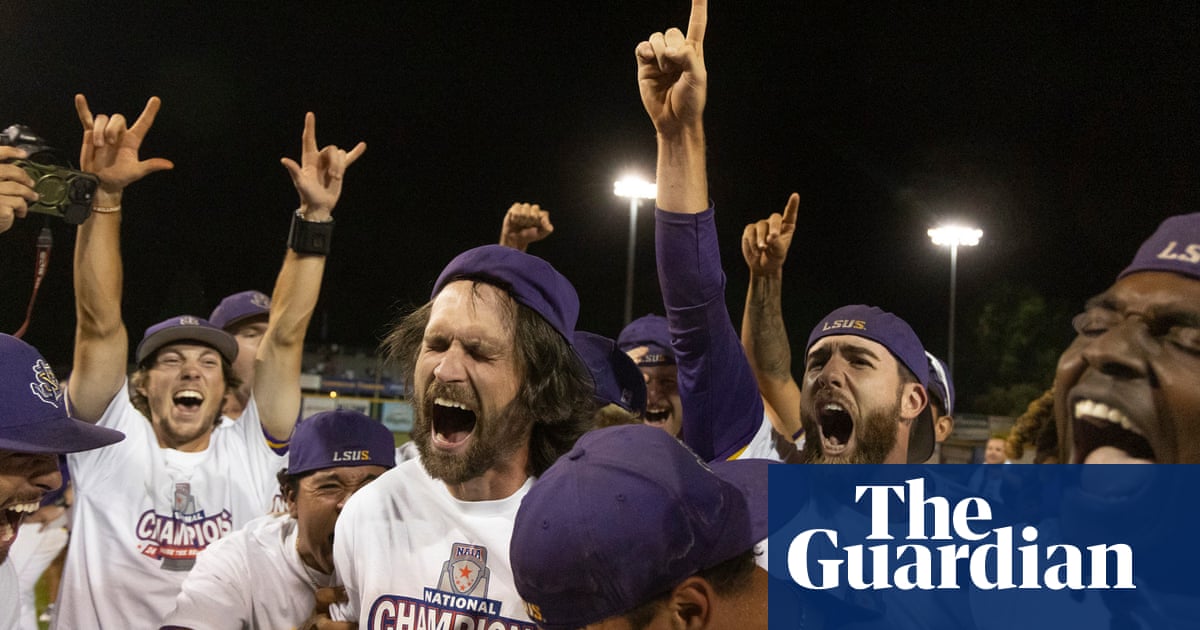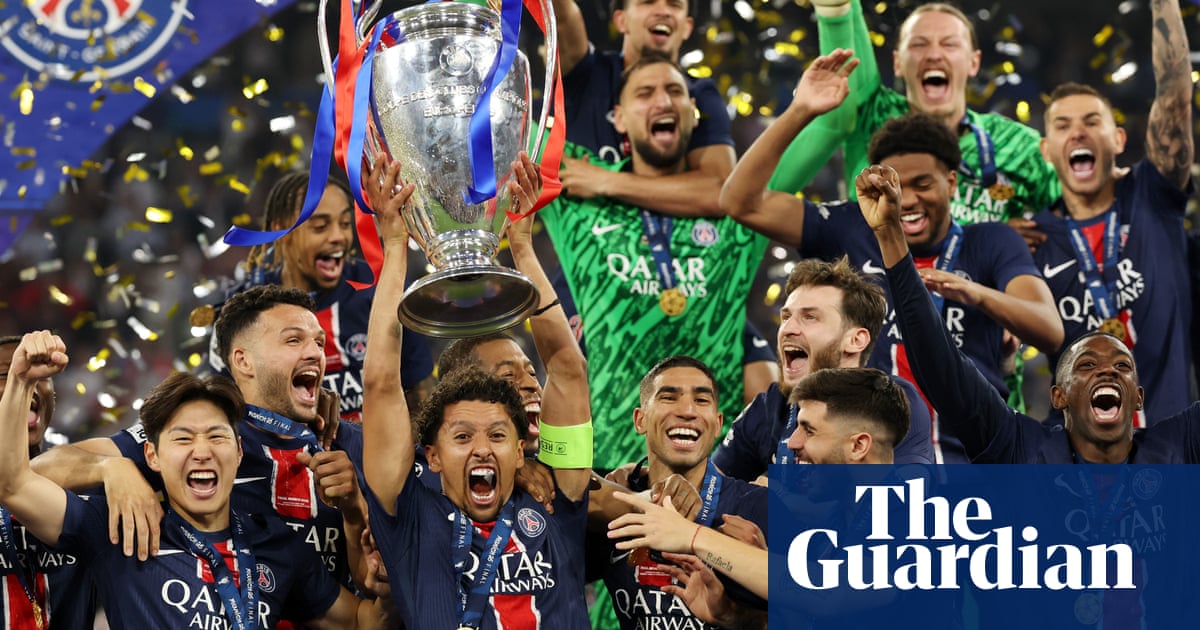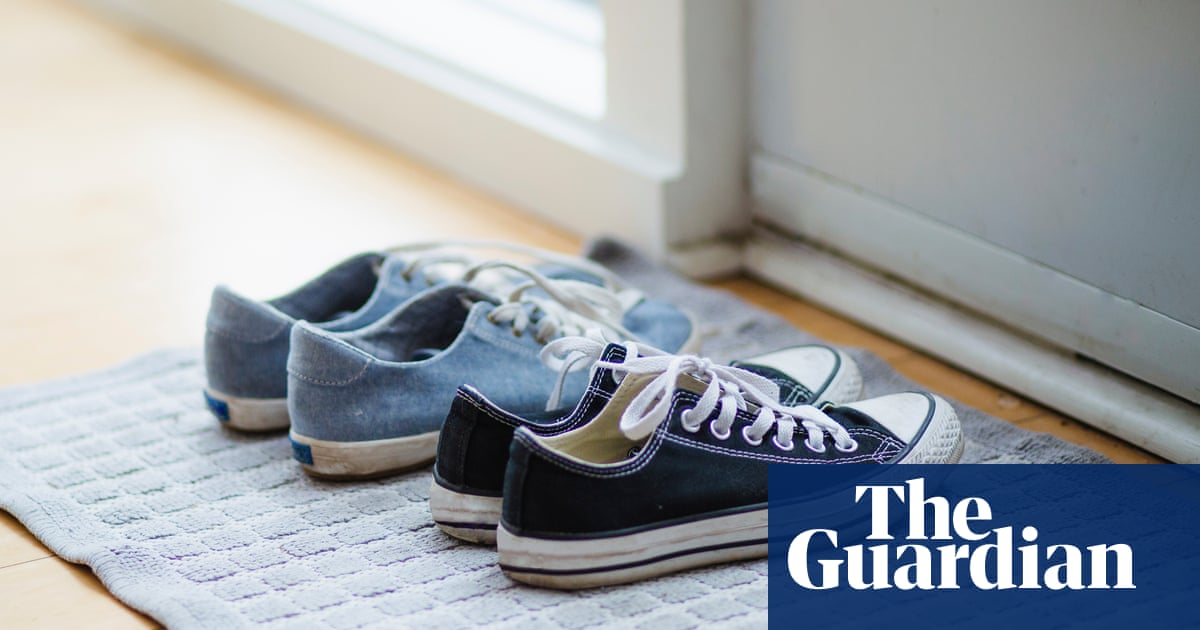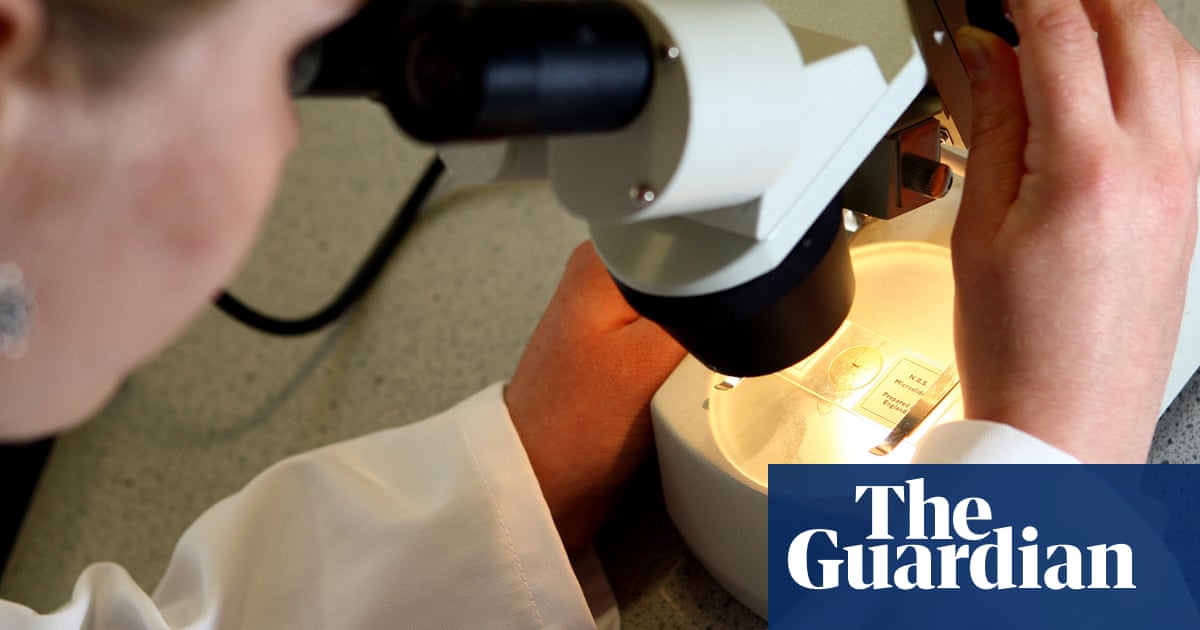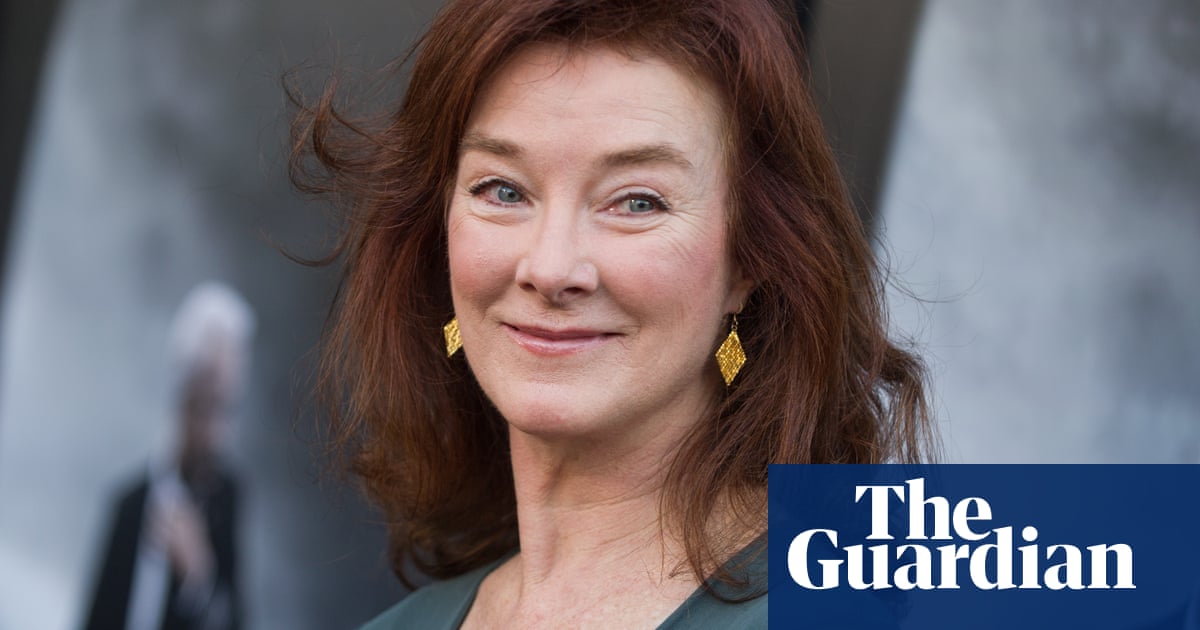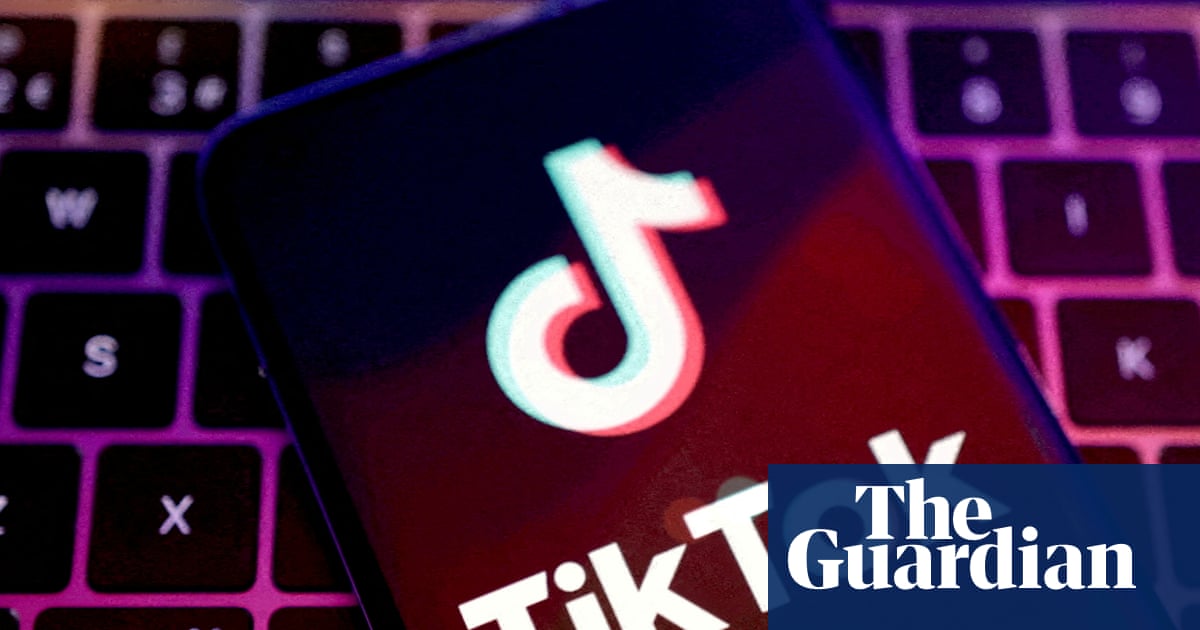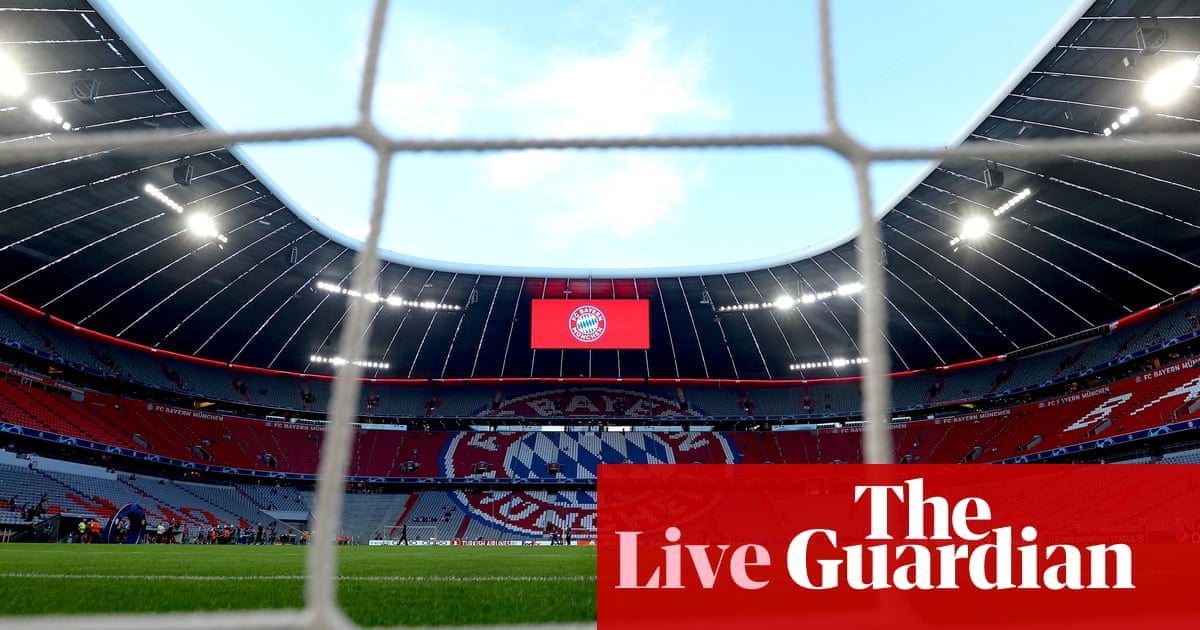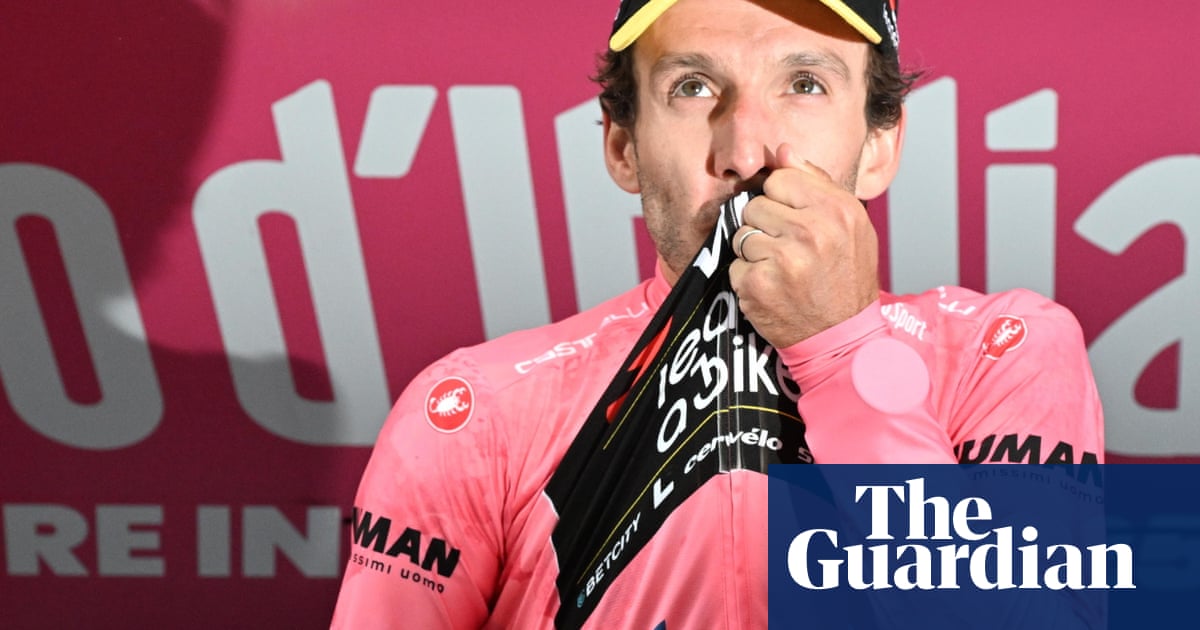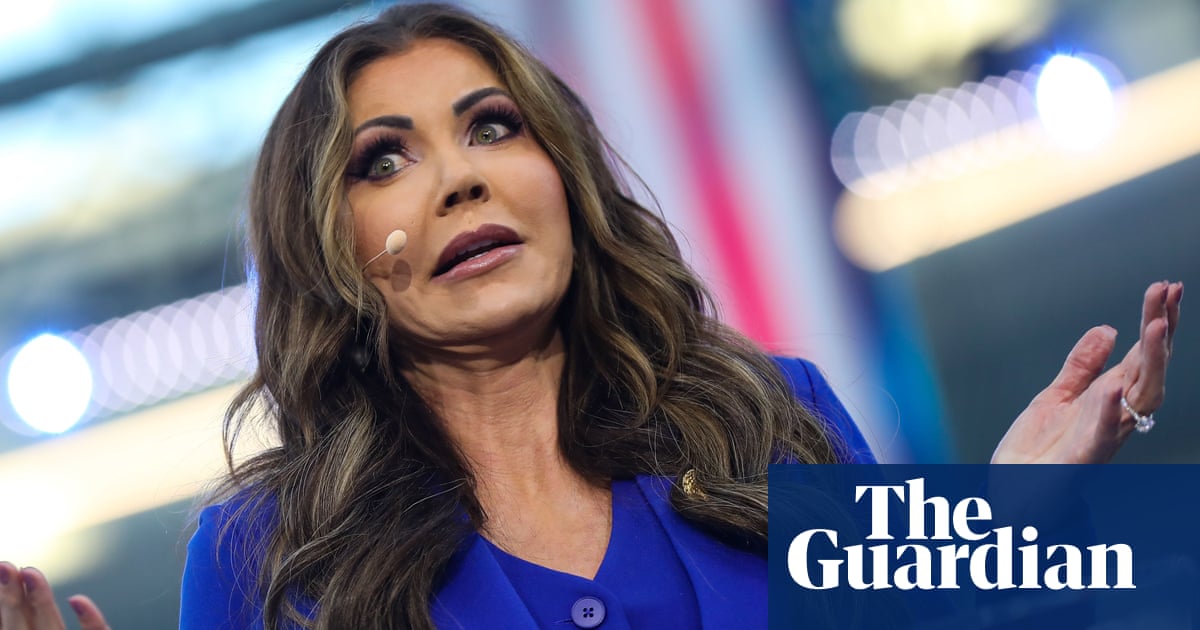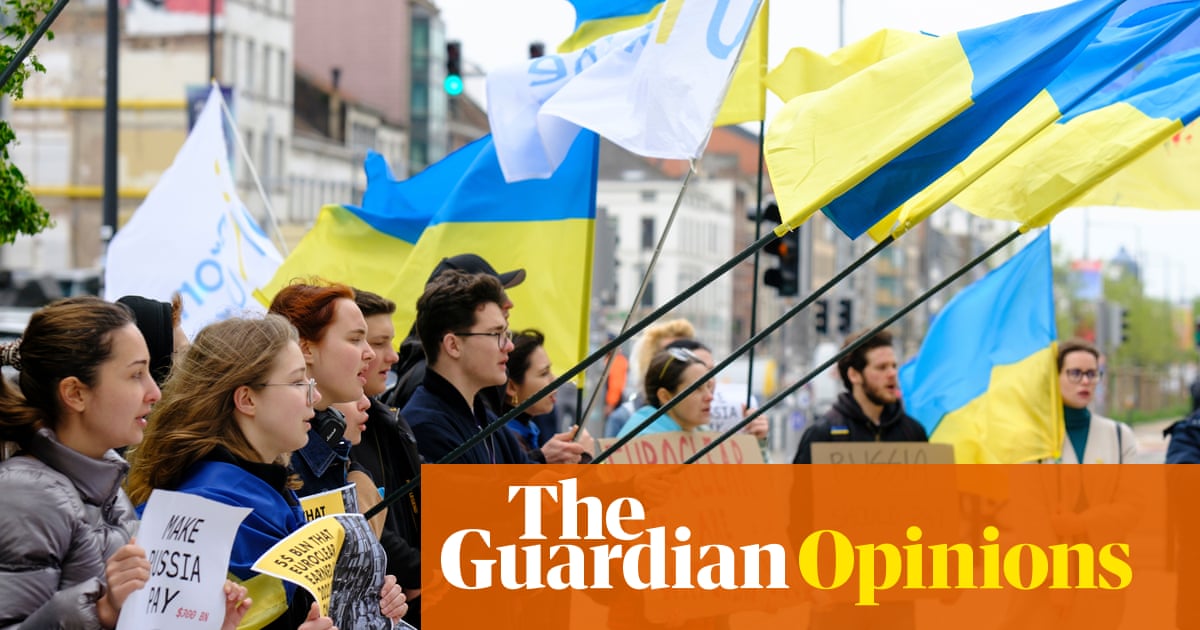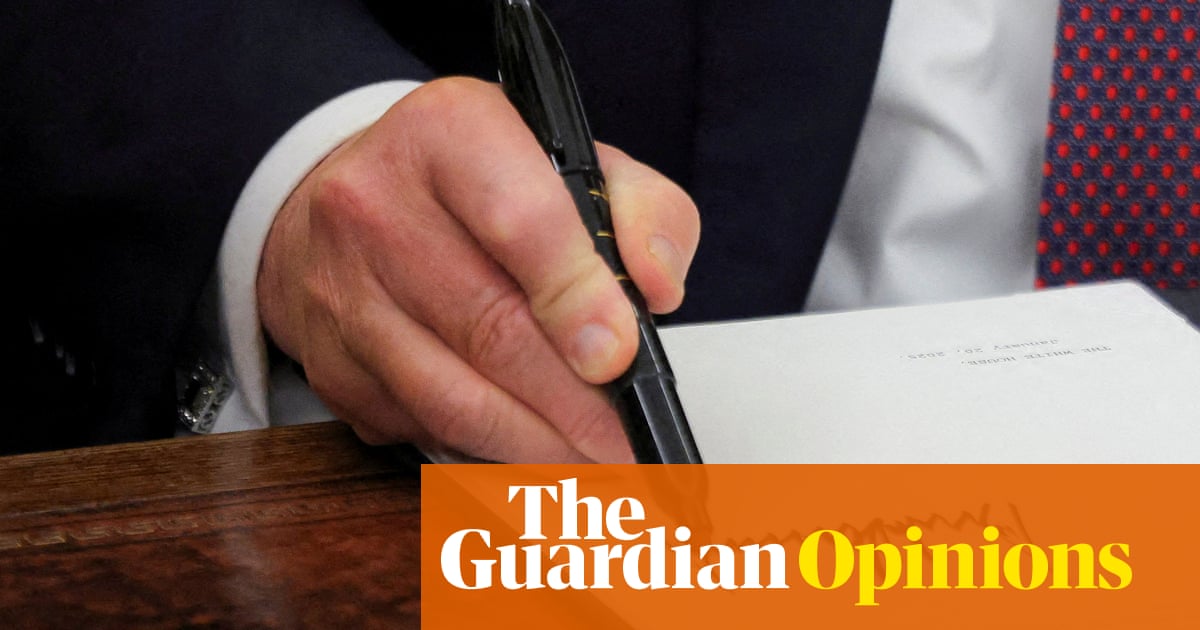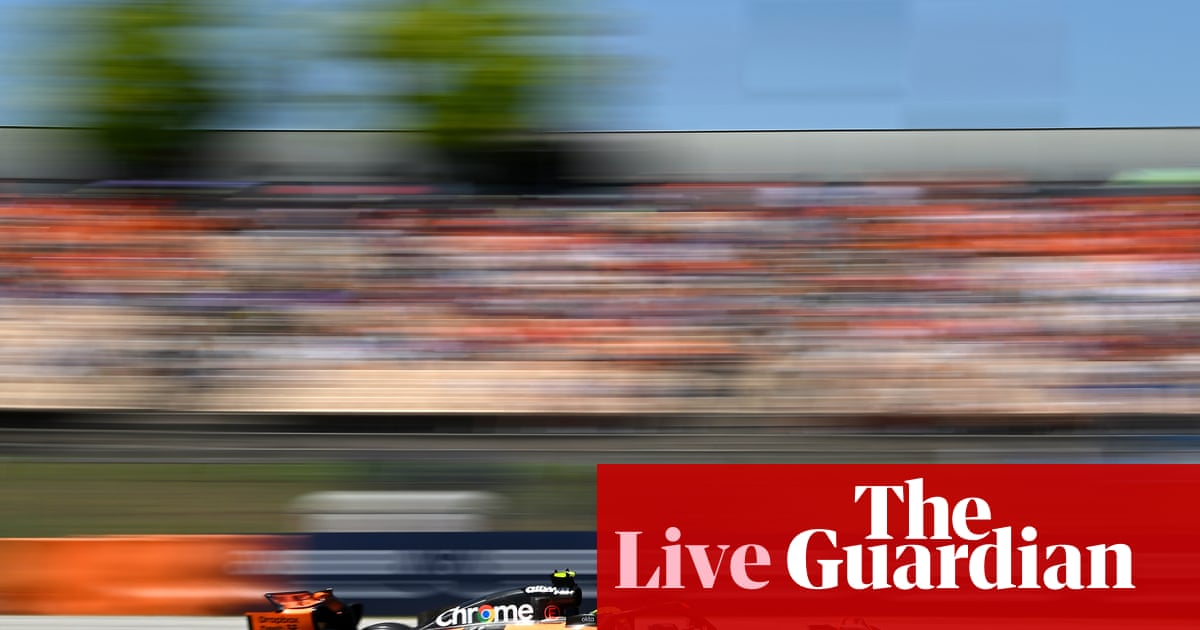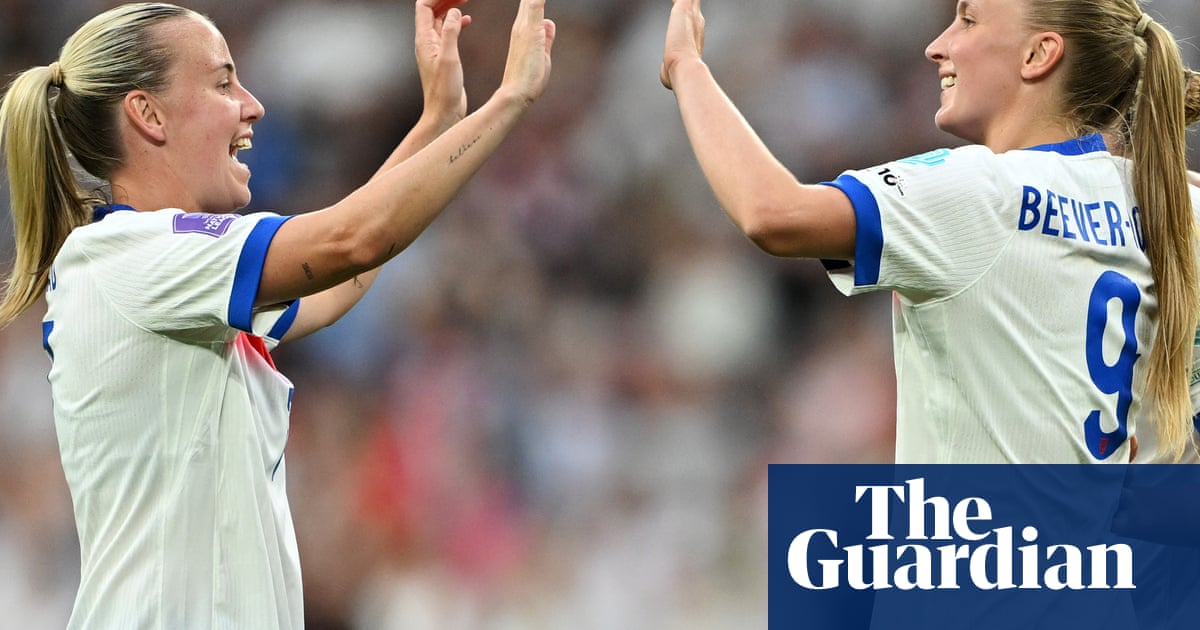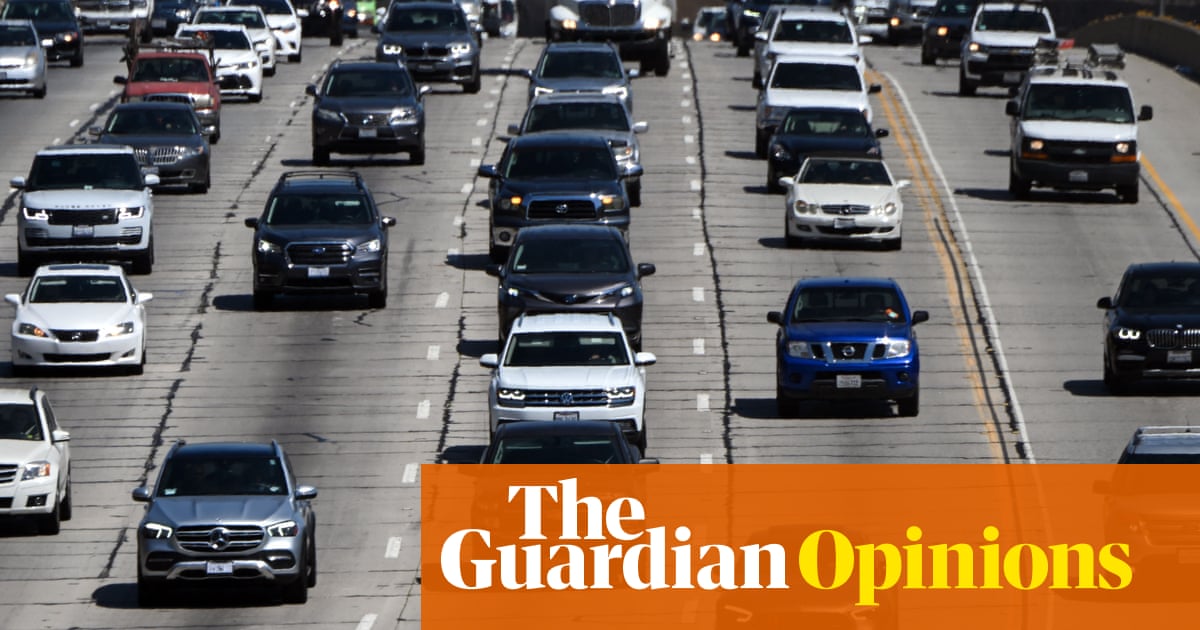Just before two o’clock on Palm Sunday, as Holy Week began and religious brotherhoods started their slow, swaying progress through the streets of Seville, first La Paz, then La Hiniesta, then the rest, a man entered the city at Santa Justa. Aged 69, diagnosed with leukaemia five years ago, wearing a grey cardigan, blue jacket and a slightly manic smile, he’s thinner than before but couldn’t be more familiar. Joaquín Caparrós has coached Sevilla more times than anyone, across three spells, the first a quarter of a century ago; now he was returning for a fourth. “My face is a reflection; it says it all,” he said, leaving the station and stopping on the corner, searching for the car coming for him.
Caparrós arrived on a train, alone and as their saviour. As somebody’s saviour, anyway: someone to get behind, someone to hide behind too, for a little while. Two days earlier Sevilla had lost 1-0 at Valencia. That night, manager Xavier García Pimienta said he would be with his players until the end of the world but he didn’t make it to the end of the weekend. On Thursday, the president José Maria del Nido Carrasco had declared it “time to be close to the coaching staff” and on Saturday they took training as normal; 24 hours later, they had been sacked. Caparrós had already been called. He will be their eighth coach in less than three seasons.
You suspected that García Pimienta wouldn’t be there at the end of this season from the moment the president said he would be there at the end of the season after next. If ever there was a scene that sums it all up, guaranteed to be recorded and replayed, a moment that immediately said: “Make a note of this: you’ll be needing it later,” it came after Sevilla’s 2-1 victory over Real Valladolid in September when Del Nido announced that the club was constructing a long-term project and that their faith in the coach and players was “absolute”.
That day, Del Nido gathered the squad together in the dressing room, some players sitting on the benches, others spread out on treatment tables. Making sure it was all set up nicely, the camera filming from just the right angle, the president told them and the rest of the world – it was on social media before the coach made it to the press room, waiting journalists told to look on X instead – that the coach was extending his deal for another year. “The mister will be with us until 2027 at least,” he said. García Pimienta had only been in the job two months, and already they were renewing his contract. Well, they had just beaten 18th-placed Valladolid.
Actually, the decision had been made, Del Nido claimed, before they had won at all, unanimously agreed ahead of their only other victory at that point: against 19th-placed Getafe. There had been no doubts, just something bigger: a plan, complete conviction, of course. Which is why they hadn’t just given him three years in the first place and why and it took 23 days and two wins to announce it now. “I guess they saw how I worked and liked it – I don’t know why they didn’t offer it in the summer,” García Pimienta said. “This is another demonstration of the confidence we have in the coach and you,” the president claimed. Sevilla were seven games into the season. With seven games left, the coach has gone.
If that all sounds a bit weird, it is because it is; it was weird then and it is weird now, something crushingly inevitable about how it all unravelled. Another grand gesture revealed to be empty, it has to be seen in the context of a club and a family at war with itself and almost bankrupt, where the fans demand the board resign, there is a vicious, destructive fight over ownership, and García Pimienta was their sixth coach in two years. His extension was an attempt to project an image of stability at a place on the edge of the abyss, to express the authority of a president with precious little of it, and release the pressure on the coach. It was a message for internal as well as external consumption perhaps best revealed in García Pimienta interrupting Del Nido’s words to his players with a glance to one side of the room and a pointed joke: “Good news … except for you, who wanted me to go.”
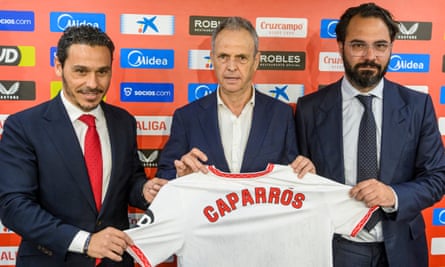
Well, now he has. Friday’s defeat in a game between clubs that were big not so very long ago was Sevilla’s fourth in a row and it saw them slip to 14th in the table, just seven points off relegation. It is not what they expected. But here’s the thing: it probably should be. It is only three years since Sevilla genuinely looked like they could compete for the league title for a second season in a row and only two since they won the Europa League. But that season, and the season after, they had to fight for survival. Their golden days are long gone, money gone too.
Monchi, the sporting director who was much more than a sporting director – the man who made it all work, left, came back and left again – admitted that, driven by ambition, they had held on to players longer than they probably should have as they chased those league titles. The loss of European football hit hard, so did the pandemic. Mismanagement hit even harder, and they have run at a loss for the last three seasons, the operating costs too high. The debt is over €300m; the sales that they had built a model around have slowed, the returns diminishing, the level of the squad doing so too.
Under Victor Orta, who replaced Monchi as sporting director and was faced by a new reality, 14 players departed this summer. The sale of Youssef EnNesyri raised €19.5m, Lucas Ocampos €7.2m, Gonzalo Montiel €4.5m, Marcos Acuña €1m; the rest went free, and that money was mostly swallowed by the debt. Six of the 10 players they signed came for free; the rest cost €17m. None has truly made a significant impact. The surprise was perhaps that they could even do that much business: when the official salary limits were announced at the start of this season, Sevilla’s was the lowest in the league – across both divisions. Under €2.5m then, after Christmas it was set at €684,000.
They had been through managers fast, and that cost them too: the former president this week claimed that they have will paid €24m in payoffs in two years. Julen Lopetegui was sacked just seven weeks into the 2022-23 season having finished fourth three years running, the opportunity to let go at the right moment allowed to pass. Jorge Sampaoli’s second coming was absurd. José Luis Mendilibar saved them and won the Europa League, so they stuck with him, even though they didn’t really want to, then sacked him eight weeks into the following season. Diego Alonso hadn’t managed a game in Europe when he arrived and hadn’t won one when he left. Quique Sánchez Flores kept them up but there was no way he would continue; he had not enjoyed it at all. He talked of a depression at the club, the need for them to start again.
after newsletter promotion
García Pimienta, who had worked with Barcelona B, was the man to build something from the bottom. Even if it turned out the players he had didn’t really fit his footballing identity. “I would like the academy players to come through at better times, not by necessity,” he said, but he knew the reality. And now he has paid for it, and for his own failings. Sevilla’s four defeats in a row have come against Athletic (1-0), Betis (2-1), Atlético (2-1) and Valencia (1-0). Before that they had lost just one in nine. No, it wasn’t always very good – only three of those were wins, they have won just nine all year and after Friday’s defeat Jose Angel Carmona insisted “we can’t go on like this” – but the threat of relegation isn’t real. And if you say you want a project, this is it; if you are going to be patient, to have faith, now is the time to prove it. Instead, they went for something completely different, another change of direction, that long-term project replaced by another call to the man who brought them back to the first division 25 long years ago, who came to rescue them in 2018 and 2019, hasn’t had a club since, and is back to rescue them again.
La Liga results
ShowAlavés 0-1 Real Madrid, Athletic Bilbao 3-1 Rayo Vallecano, Celta Vigo 0-2 Espanyol, Getafe 1-3 Las Palmas, Leganés 0-1 Barcelona, Osasuna 2-1 Girona, Real Betis 1-2 Villarreal, Real Sociedad 0-2 Mallorca, Valencia 1-0 Sevilla
Monday Atlético Madrid v Real Valladolid (8pm BST)
But rescue who and from what? This is not a crisis, that’s a crisis, the one off the pitch: the most convincing conclusion is this sacking is not even really about the football. It is as much about something at once more superficial and far deeper, about ambition and incompetence, about Del Nido’s desperation to hold on to the club in the face of opposition from the former president who is also his father, and from everyone else now too. It is about a club where everything is wrong, staff are laid off, the debt grows and so does the conflict, where the balance of power is precarious and shifting, the courts are involved, deals and threats are made behind the scenes, and “the Americans” – bankrupt 777 Partners – have changed investors and changed sides too. Where AGMs end in insults and accusations, Del Nido Sr refuses to abandon his assault on power, and calls Del Nido Jr “a shit”, demanding he depart and asking: “Aren’t you ashamed?”
All the while fans watch their club collapse, this whole circus, football falling victim to the real crisis. They turn on the directors’ box and demand departures, the division so great, the threat so real, that for the men sitting there gripping their seats in silence the conclusion becomes clear: apart from their anger, the hurt they felt, maybe only one thing, one man, could unite the Sánchez Pizjuán now, Joaquín Caparrós arriving in the city by train on Sunday.

 1 month ago
34
1 month ago
34

